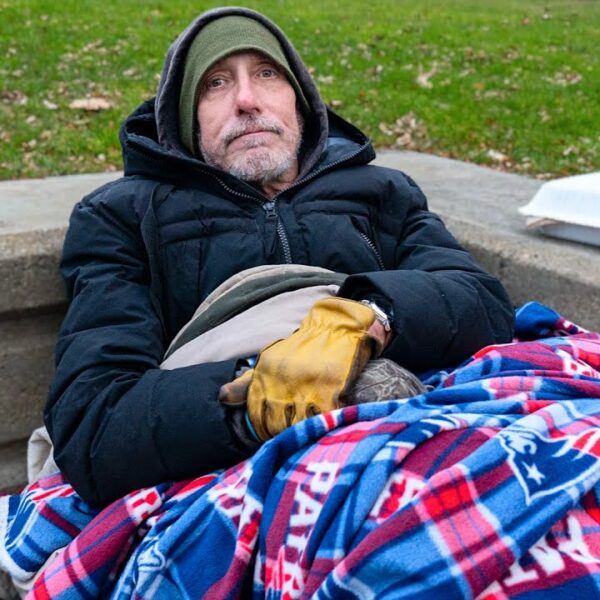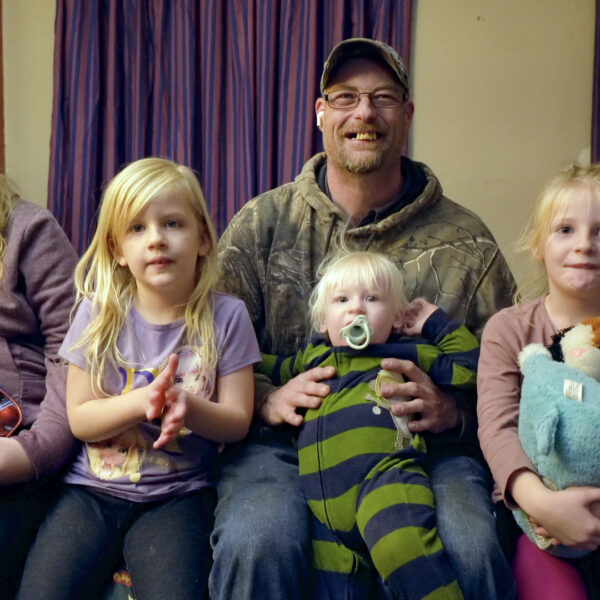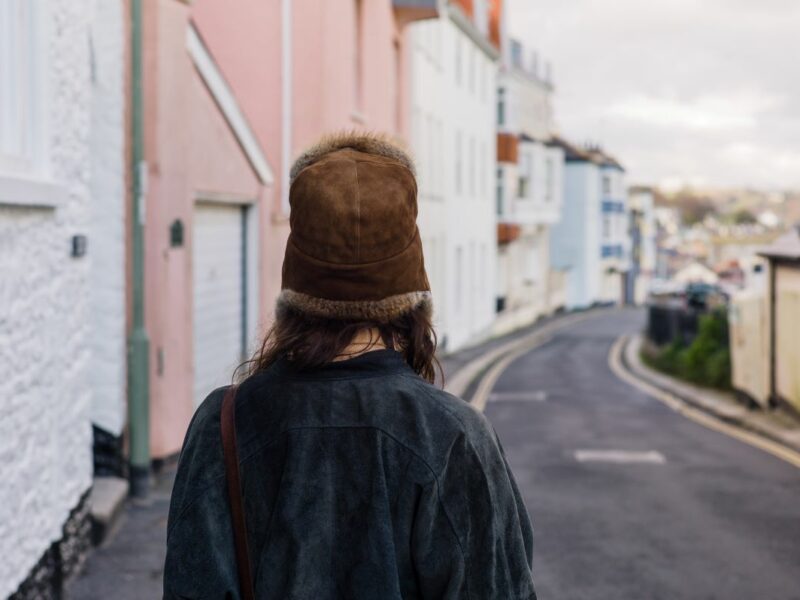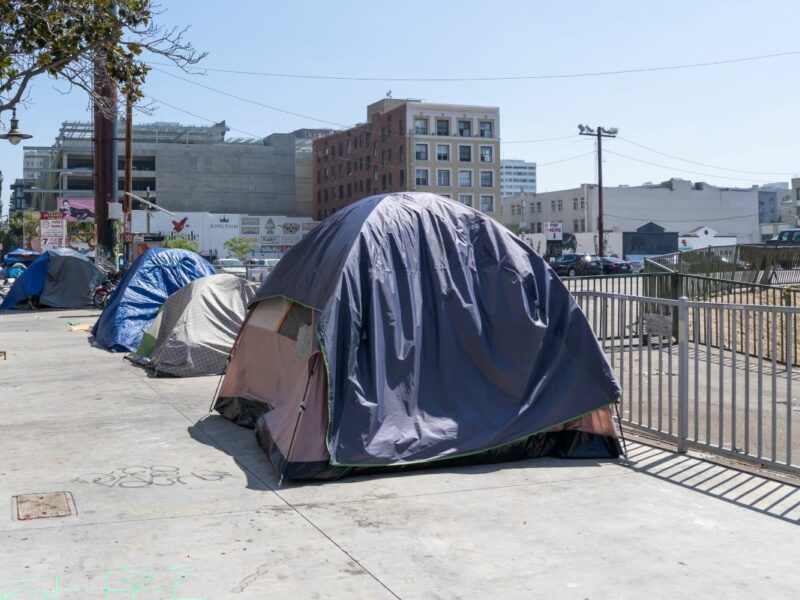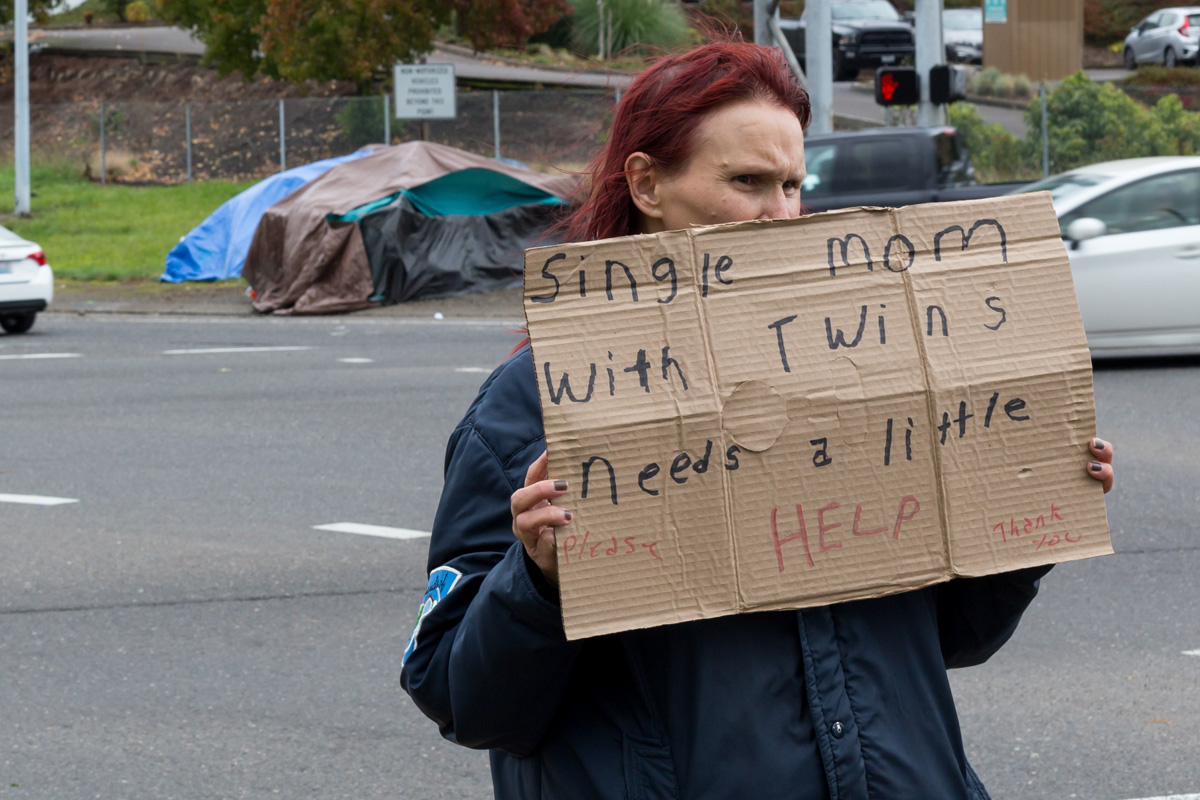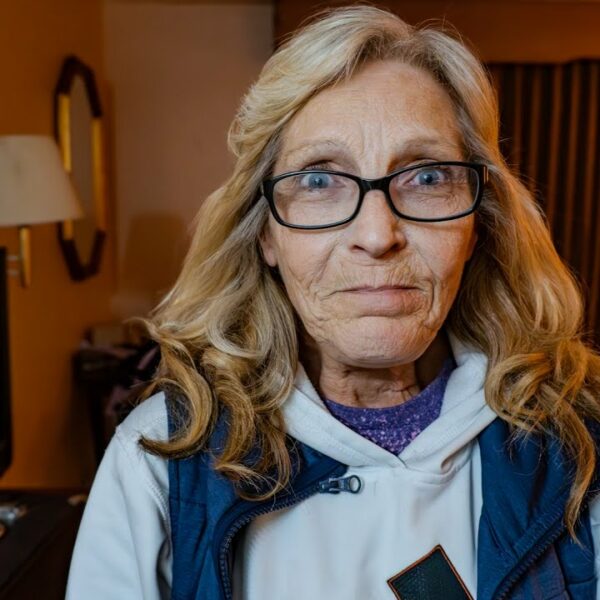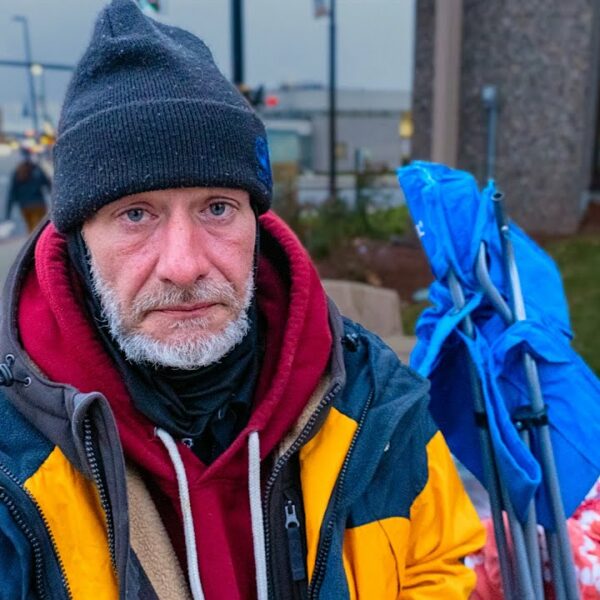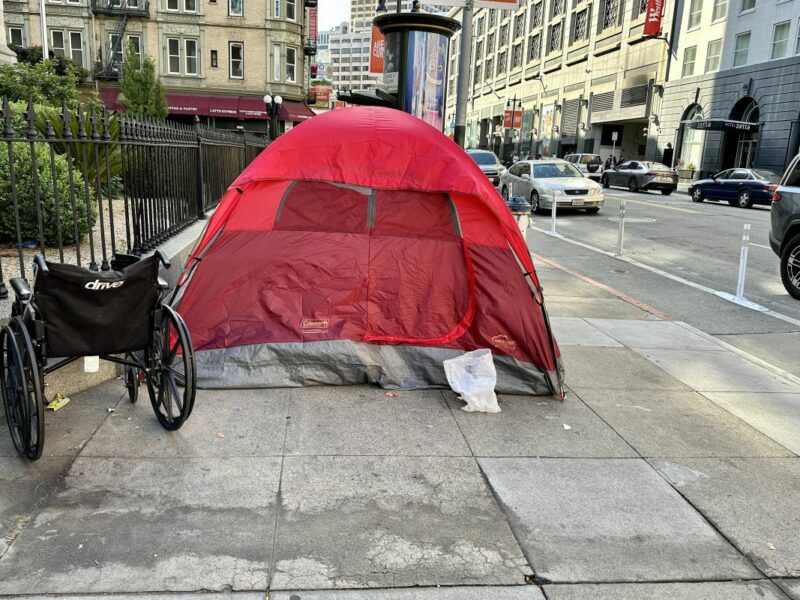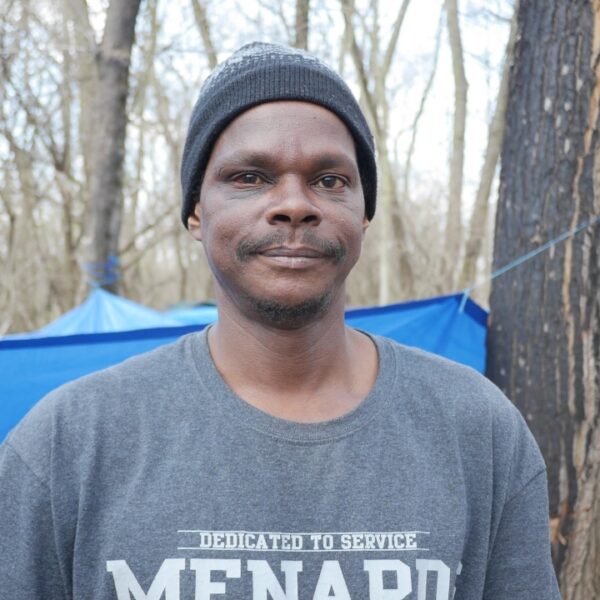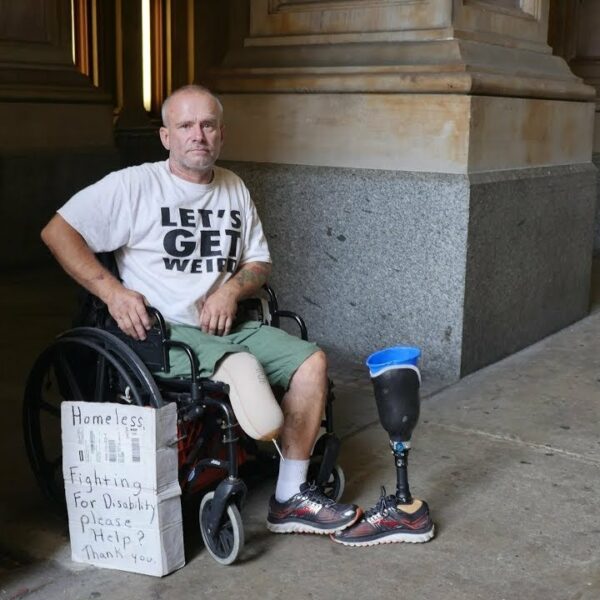Instead of Looking Away, Will You Dare to Look In?
Humanitarian crises and human rights violations abound in our world. You need only look at the news for five minutes to witness the widespread disregard for human dignity on this earth. In Yemen, more than three million people have fled the country to escape the violence of the civil war. The religious persecution and detainment of Uighur Muslims in the Chinese region of Xinjiang has been declared a genocide.Thousands of migrants flee violence in Latin American to seek refugee status in the United States – only to find themselves and their families in new danger when they reach the country’s borders.
But there is another humanitarian emergency that our world has neglected completely.
It is a group of one million people suffering tremendously who walk around invisible to the world, banished to the margins of their society. A group without access to food, shelter, and basic sanitation, who lives in such squalor that their life expectancy is reduced to half of yours. A group of people who die from curable infectious diseases that the rest of the country has easy access and treatment to. This group living in absolute poverty in the richest country in the world.
This humanitarian crisis is happening in own backyards.
Humanitarian Emergencies
The United Nations classifies a humanitarian crisis an event caused by a “critical threat to the health, safety, security or wellbeing” of a large group or community of people. The causes can be mad-made, powered by natural disaster, or both. Key characteristics include:
- Extensive violence and loss of life
- Displacement of the population
- Need for multi-faceted assistance
- Security risks for front-line relief workers
- Hindrance or prevention of assistance by political or military constraints
Homelessness in America
Over half a million people in America are homeless right now. Half of these people live in shelters. The other half lives completely unprotected on the streets.
Every demographic in the country is represented in some way. Children, teenagers, and families call the streets home—increasingly so in the past decade— as do veterans, new immigrants, racialized people, and people with physical and mental disabilities.
Vulnerability to homelessness is widespread, and nobody is untouched. Millions of Americans are just one paycheck away from homelessness.
Homeless people are gravely vulnerable to death, disease and disabilities that are unseen in the rest of the population, like syphilis, tuberculosis, and HIV/AIDS. The life expectancy is nearly half that of the average American. And this difference is becoming more extreme with the advent of the opioid crisis.
No person in the United States endures greater violence than someone on the streets.
Every homeless person has experienced some form of harassment, violence or assault, and many Americans are unaware that crimes such as murder, assault with deadly weapons, sexual assault and police brutality are commonplace against those who are homeless. These risks affect not only homeless people, but also the relief workers trying to provide assistance: violence within homeless shelters affects both the clients and the workers.
Another phenomenon unique to homelessness is the intentional hindrance and prevention of assistance at the hands of the government, both overtly and covertly. Giving homeless people food is a crime in cities across America, with penalties of over $1,000 and the potential for jail time. Likewise, homeless people are ticketed for countless reasons:
- Panhandling
- Residing in public spaces
- Trespassing
- Substance use violations
- And most recently, failing to physically distance
The criminalization of poverty is the overt way the government undermines humanitarian assistance. The exacerbation of poverty through commodification of housing combined with the rising cost of living and erosion of welfare and disability is the wicked underbelly.
Homelessness is undoubtedly one of the most multi-faceted, complex crises in our entire world. The current state of homelessness is a product of all levels of social breakdown. This includes intergenerational poverty, racism, marginalization, addiction and mental health treatment. It is intermingled with ongoing welfare, housing, cost of living and the opioid crises. Man transformed this country into an economy instead of a society. This crisis is a result of eroding social safety in our country’s foundation.
When it comes to classifying a situation as a humanitarian emergency, homelessness checks every box.
Our world is full of human rights violations and indignities. None is as shameful as homelessness, the human rights violation unfolding in our own backyards. Yet we are so desensitized to homelessness. We look only at the failings of the individual instead of looking at our social structures and our stigma within.
My ask for the homeless people of America is the same as human rights organizations that are both near and overseas: Instead of looking away, will you dare to look in?



